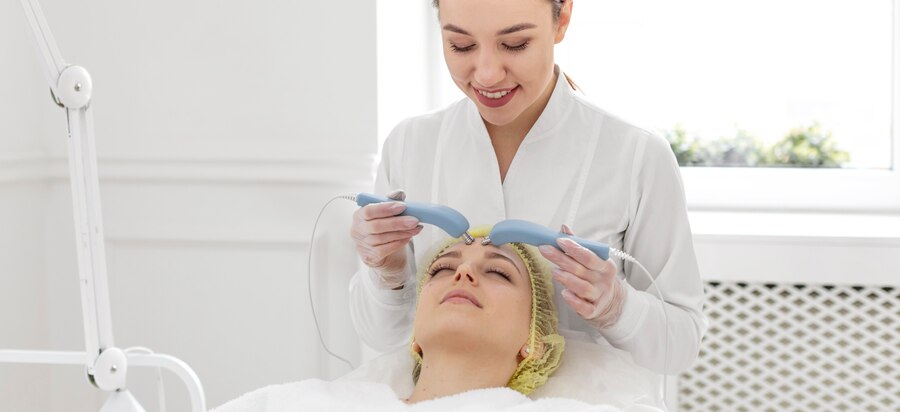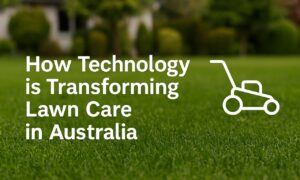From wrinkle-reducing serums to high-tech face scanners, the anti-aging world has seen a revolution in recent years—thanks to the power of technology. What was once the domain of creams and promises is now being driven by data, science, and innovation. Here’s how tech is helping people turn back the clock—and why the future of aging gracefully is looking brighter than ever.
- AI Skin Analysis and Personalized Routines
Artificial intelligence is changing how we approach skincare. Apps and devices now scan your face, analyze skin texture, pore size, pigmentation, and even hydration levels, then recommend personalized skincare routines. Instead of guessing which product might work, AI tools give users a targeted, data-backed regimen.
AI-powered skin analysis uses advanced algorithms and computer vision to assess skin conditions such as hydration levels, wrinkles, acne, and pigmentation. By analyzing images of the skin, AI can provide a detailed diagnosis and recommend personalized skincare routines. These routines consider factors like skin type, environmental conditions, and lifestyle habits, offering customized product recommendations and treatment plans. This technology enhances skincare by making expert-level analysis accessible to users at home, improving efficiency and effectiveness in maintaining healthy skin.
- Wearable Beauty Tech
Wearable tech isn’t just for fitness anymore. Devices like LED face masks use red and near-infrared light to stimulate collagen production and reduce inflammation. Some even claim to reduce fine lines and improve skin tone in just a few weeks of consistent use.
- Nanotechnology in Skincare
Nano-sized ingredients can now penetrate deeper layers of the skin, delivering antioxidants, peptides, and vitamins directly where they’re needed. This improves absorption and efficacy—making anti-aging creams far more effective than in years past.
- Regenerative Medicine and Biotech
Stem cell therapy, platelet-rich plasma (PRP), and exosome treatments are now being explored as next-gen anti-aging solutions. These therapies aim to repair and regenerate tissue at a cellular level—offering more lasting results than topical products ever could.
- Smart Supplements and Nutri-Tech
Anti-aging isn’t just about looking younger—it’s about feeling younger too. Enter smart supplements: precision-targeted blends backed by science. One standout is Berbercol, a modern supplement that supports metabolic health and healthy aging by combining berberine and red yeast rice. Tech-enabled research and bioavailability improvements have made ingredients like these more effective than ever before.
- At-Home Aesthetic Devices
Thanks to advancements in miniaturization and safety tech, consumers can now access professional-grade treatments from the comfort of home. From microcurrent facial toning devices to RF skin tightening gadgets, these tools offer spa-quality results without the clinic visit.
At-home aesthetic devices use advanced skincare technologies like LED therapy, microcurrent, radiofrequency, and laser treatments to provide professional-level skincare results from the comfort of home. These devices help with anti-aging, acne treatment, skin tightening, and overall skin rejuvenation. With advancements in AI and smart sensors, many of these tools can now customize treatments based on individual skin needs, making beauty routines more effective and accessible without frequent visits to a dermatologist or spa.
Final Thoughts
Anti-aging technology isn’t just about vanity—it’s about longevity, wellness, and confidence. Whether it’s through smart devices, biotech breakthroughs, or data-driven skincare, AI technology is giving us more control over how we look and how we age—and helping us do it with style.
Want to stay young? The future is already here—and it fits in your pocket.































